Tags: CoViD-19

Poor Air Quality Leads to Increased COVID-19 Risk, Preventive Measures Reduce Risks by 15%
Lethal Super-Fungus in Brazil Found in COVID-19 Patient; What is This New Health Threat Candida Auris?
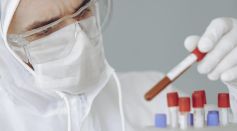
US Blood Samples Collected in December of 2019 Shows COVID-19 Antibodies, What Does It Mean?
New COVID-19 Mexican Variant Increasingly Spreads Across North America
CDC Warns Parents with Babies and Small Children as RSV Starts Spreading Across the South
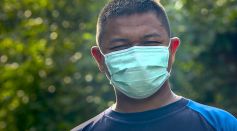
Face Masks Proven Effective: Reduce Flow of Particles When Breathing, Talking, Coughing Even With Side Gaps
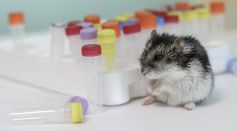
COVID-19 in Test Tubes Allow Researchers to Examine How Virus Evolves, Generate Variants
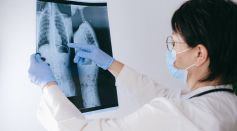
What Does COVID-19 Exactly Do to Your Body? New Virus Model Shows How Virus Hijacks Human Protein and Infect Lungs

Monoclonal Antibody Therapy Results in Negative Test in 2 Elderly COVID-19 Patients
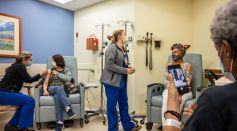
Active Cancer Patients More Likely to Die from COVID-19, Need to Take More Precautions
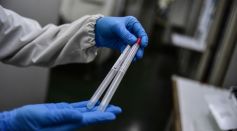
False Positives in COVID-19 Test Are Alarming, What Causes It?
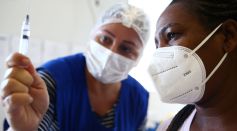
"Project S": How Does This Vaccination Experiment Work in Small Brazilian City?
Black Fungus Study Revealed Uncontrolled Diabetes and Improper Steroid Use Caused the Deadly Fungi on COVID-19 Patients

Is COVID-19 a Bioweapon? Here's What Chinese Whistleblower Dr. Li-Meng Yan Told Dr. Anthony Fauci in Email
Nanoparticles in New Filter Membrane Material Shows Promise in Deactivating Viruses
COVID-19 Gene Protection First Evidence Discovered! This Genetic Link Prevents Some Patients from Getting Sick
Where Can the Next Pandemic Be? Here Are the Possible Worldwide Hot Spots
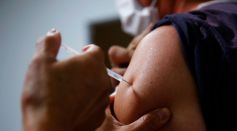
COVID-19 Mutation: More Than 1,000 Cases Identified in Russia, Is Sputnik V Vaccine Effective to Fight New Strain?

COVID-19 Long-Haulers Side Effect Includes Postural Orthostatic Tachycardia Syndrome, What Are Its Symptoms?

"Olfactory Training" Can Help Treat Anosmia in COVID-19 Long-Haulers, Studies Show
Most Popular

Largest Known Volcanic Aquifer Discovered Beneath Oregon's Cascades

New 'Supergiant' Sea Bug Found in South China Sea, Named After Darth Vader

Mediterranean Sea Was Refilled by a Catastrophic Flood Millions of Years Ago

Mysterious Cosmic Waves That Sound Like Birds Detected in Unexpected Space Region




